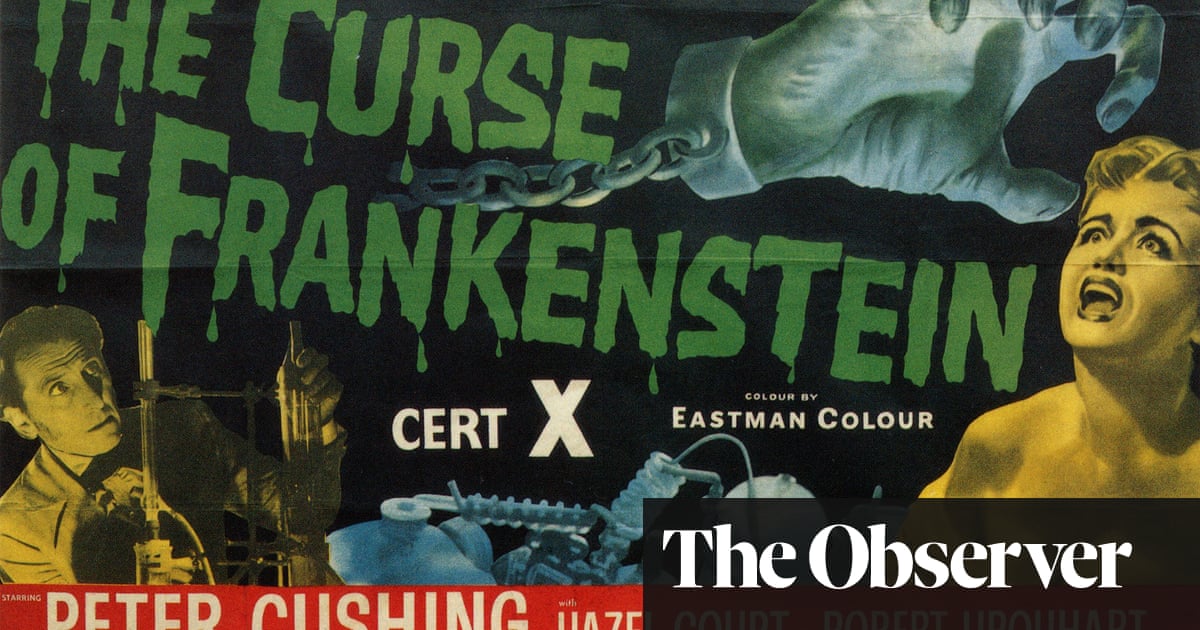Hammer and Amicus were the studios that defined British horror cinema and bestrode the 1960s and 1970s, employing a wealth of British acting talent including Christopher Lee and Peter Cushing. Casts included names such as Michael Gough, Ralph Bates, Ingrid Pitt, Patrick Magee and Joan Collins.
…
But by the late 1970s, the landscape of supernatural cinema was changing. The Exorcist, Rosemary’s Baby and The Omen had redefined horror and the schlocky period scares of Hammer and Amicus fell out of favour. Now, after decades in the wilderness – aside from the Hammer name’s brief resurgence in 2012 with the Daniel Radcliffe-led adaptation of Susan Hill’s The Woman in Black – both film houses are, well, back from the dead.
Hammer has been revived with a bang with its first new movie – Doctor Jekyll – hitting cinemas this week, following the announcement in August that the studio had been taken over by the John Gore Organisation, primarily known as a producer of blockbuster Broadway and West End theatre shows.
…
And what of Amicus? It, too, is back, but on a slightly smaller scale.
“Can we elevate Amicus Productions beyond the confines of what the BBC labelled in 1971 as Britain’s ‘tiniest film studio’?” says Lawrie Brewster, the man behind the revival. “Unquestionably. Our primary aim is to create films that respect and honour the legacy of Amicus. We don’t aspire to outshine the Amicus classics – that’s not our prerogative. Our mission is to craft films that celebrate the golden era of British horror, paying respect to the rich traditions of yesteryear.”
Can either Hammer or Amicus be relevant to modern audiences? There’s certainly the nostalgia factor to take into account. Jeremy Dyson of The League of Gentlemen, co-author of the novel The Warlock Effect with Andy Nyman, is one of many people working in TV and film today who remembers them fondly.
“Both Hammer and Amicus were so much a part of my imaginative landscape,” says Dyson. “My first introduction to them was through books, in which were frozen these stills from the movies, which fascinated me long before I got to watch the films.
“These studios were the British film industry for many years, and even so a lot of these films were considered down and dirty, and disregarded by the establishment. Can they come back? They’re just names, really, so it means getting as talented a group of people working on them as they had in their heyday, and if they can do that, I don’t see why not, if the stars are aligned.”


